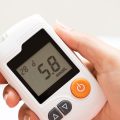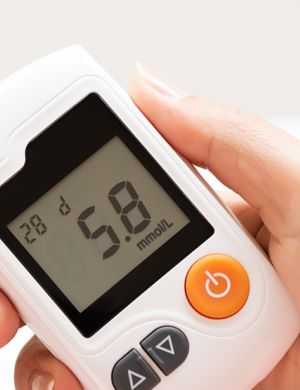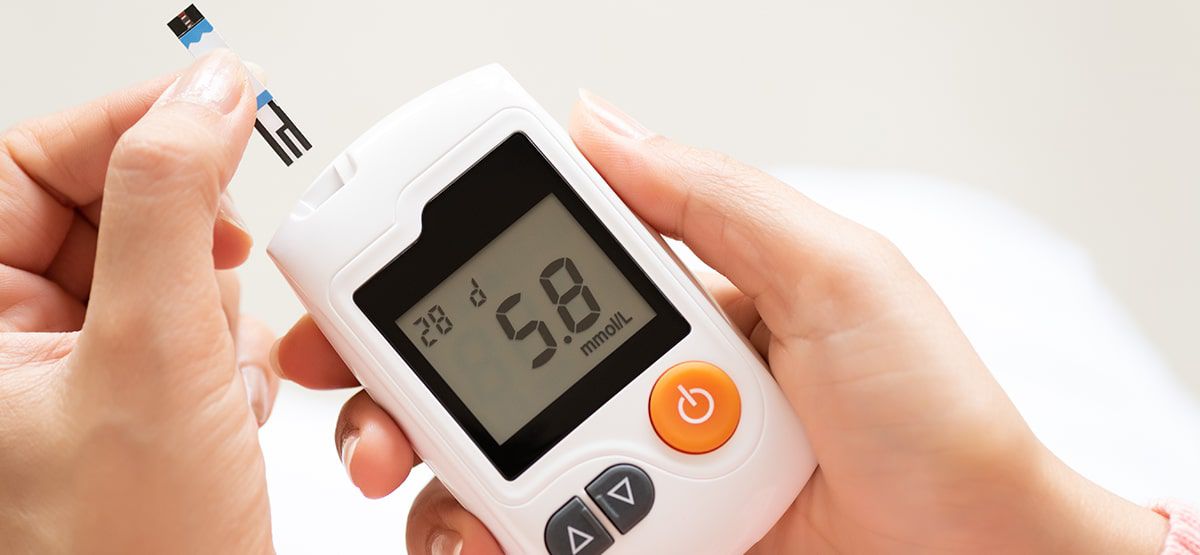
Medical Devices-USA/Europe Regulatory News Roundup, Nov 2022
EUROPE
1. Updated Information Pack for Candidate EU Reference Laboratories
Regulation (EU) 2017/746 authorizes the European Commission to designate EU reference laboratories for specific devices or device categories. To initiate this process, the Commission issues calls for applications through Member States. Candidate laboratories cannot apply directly; instead, they must submit applications to their respective Member State, which then forwards approved submissions to the European Commission. Only laboratories located within a Member State may be proposed.
2. 19th Update – EU Common List of COVID-19 Antigen Tests
The EU common list has been reorganized into two categories based on performance evaluation methods:
- Category A: Tests assessed through prospective clinical field studies and meeting criteria agreed on 21 September 2021.
- A.1: Eligible rapid antigen tests
- A.2: Eligible laboratory-based antigen assays
- Category B: Tests assessed through retrospective in vitro studies and meeting the same criteria.
- B.1: Eligible rapid antigen tests
- B.2: Eligible laboratory-based antigen assays
UNITED KINGDOM (MHRA)
3. Devices No Longer Covered by Exceptional Use Authorizations
MHRA now publishes a list of manufacturers and devices that are no longer covered under exceptional use authorizations. These authorizations are granted directly to manufacturers and typically do not allow sales through distributors.
4. Borderline Products – Determining Whether a Product Is a Medical Device
Some products fall into a grey area where classification is unclear. MHRA evaluates such products, determining whether they meet the definition of a medical device or, alternatively, a medicinal product. This assessment also establishes the appropriate risk class, when applicable.
5. Medical Devices Granted Exceptional Use Authorisations During the COVID-19 Pandemic
MHRA continues to list devices granted exemptions during the pandemic, along with those whose exemptions have expired or been cancelled. Listings remain available for two months following expiry or cancellation.
IRELAND (HPRA)
6. Outcome of the 2023 Fees Public Consultation
The public consultation on proposed 2023 fees for human medicines, medical devices, compliance, and veterinary medicines closed on 29 October. HPRA’s mandate is to safeguard public health while providing high-quality regulatory services. After reviewing costs and fee structures, HPRA intends to submit the originally proposed fee schedule to the Minister for Health and the Minister for Agriculture, Food and the Marine for approval.
7. MDR and IVDR Regulatory Information – New HPRA Web Section
HPRA has launched a new website section consolidating information on MDR and IVDR requirements. This resource is designed for manufacturers, authorized representatives, importers, and distributors. It brings together existing and newly issued guidance, making it easier for stakeholders to locate regulatory information.
CANADA (HEALTH CANADA)
8. Summary Reporting Requirements – Notice to Industry
Health Canada acknowledges that some stakeholders are facing challenges in meeting the timelines for implementing summary reporting provisions. To ensure continued access to licensed devices, Health Canada will temporarily reduce enforcement priority for these requirements, especially for entities demonstrating good faith efforts to comply.
9. Guidance on Clinical Evidence Requirements for Medical Devices
This guidance outlines expectations for Class II, III, and IV device manufacturers regarding clinical evidence. It explains:
- When clinical evidence is necessary
- Common approaches for generating clinical data
- Methods for comparing devices appropriately
10. Recognized Standards for Medical Devices – Updated List
Health Canada has updated its list of recognized standards, covering areas such as:
- Anesthetic and respiratory care
- Biocompatibility
- Cardiovascular devices
- IVDs
- Electromedical systems
- Materials, manufacturing, neurology, ophthalmology, orthopaedics, radiology, and sterilization
The list identifies newly added, updated, and removed standards.
11. Updated List of Devices Requiring Mandatory Shortage and Discontinuation Reporting
Health Canada has updated the list of medical devices for which shortage or discontinuation reporting is mandatory. Surgical staplers have been added to the list. Manufacturers of Class I–IV devices and importers of Class I devices must routinely monitor the list and comply with Sections 62.23–62.25 of the Medical Devices Regulations.
UNITED STATES (FDA)
12. Referencing the Definition of “Device” Under the FD&C Act
FDA released guidance explaining how it intends to reference the definitions of “device” and “counterfeit device” and how it interprets references to section 201(h) of the FD&C Act across guidance documents, regulatory communications, and other public materials. He FD&C Act, in guidance, regulatory documents, communications, and other public documents.
Don’t miss out! Click here to stay in touch.
Categories
- Biopharma (59)
- Consumer Health (22)
- Cosmetics (11)
- Diagnostics (5)
- Digital Health (8)
- Food (2)
- Medical Device (113)
- OTC (5)
- Regulatory Intelligence (13)
- Standards (41)
Recent Blogs
Get the latest updates from Vistaar

Related Posts
CONNECT WITH US

Let's talk about how Vistaar can help you





